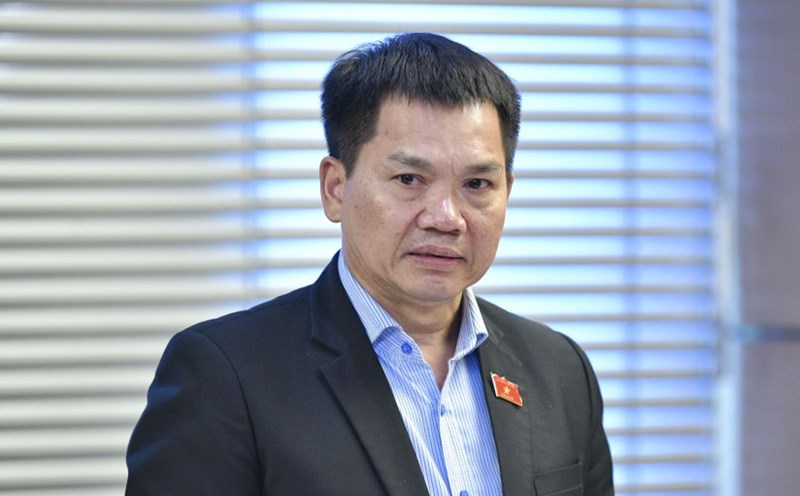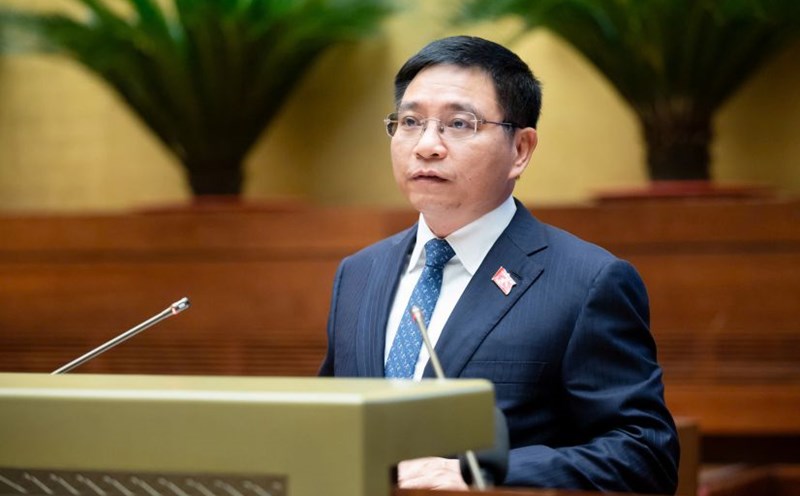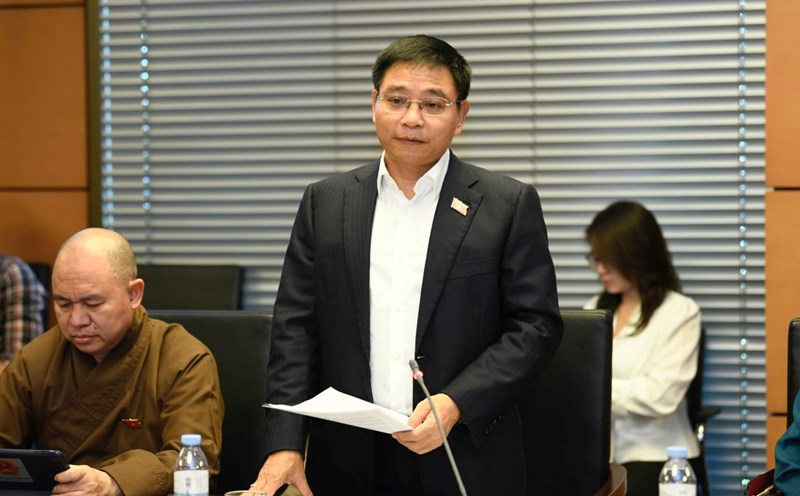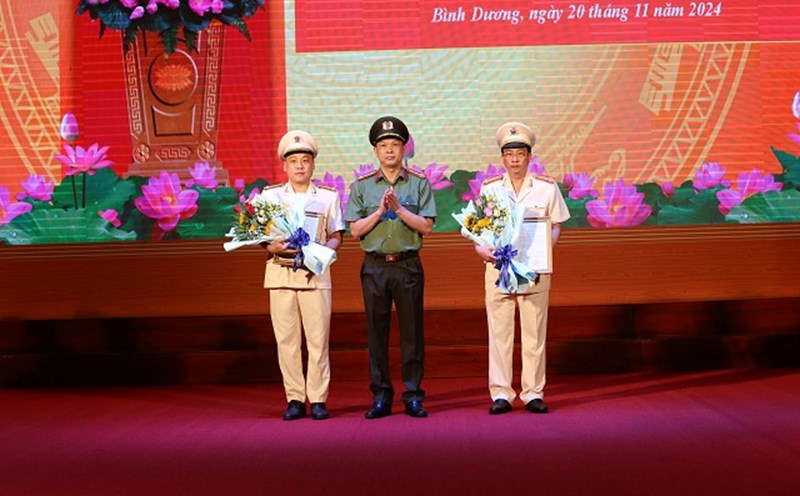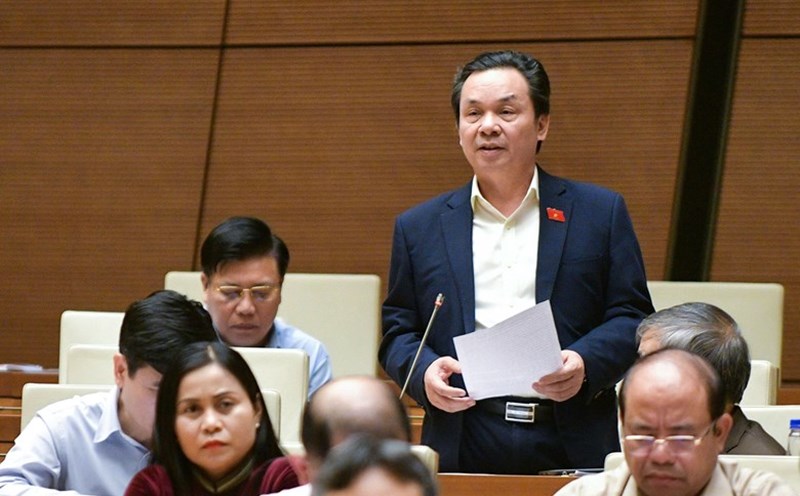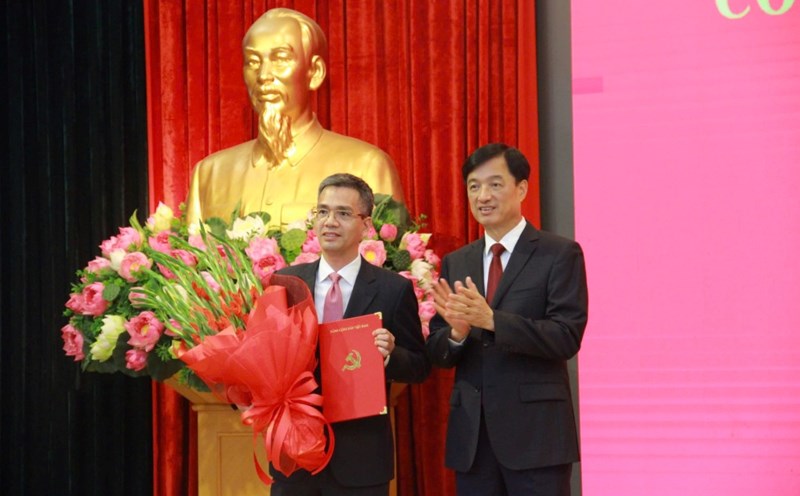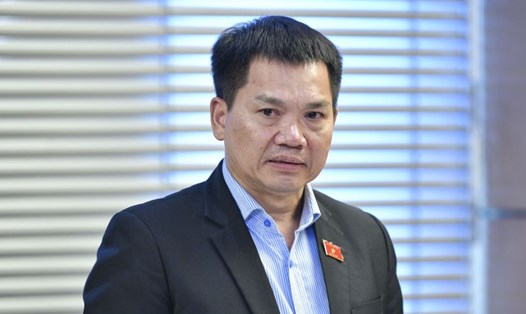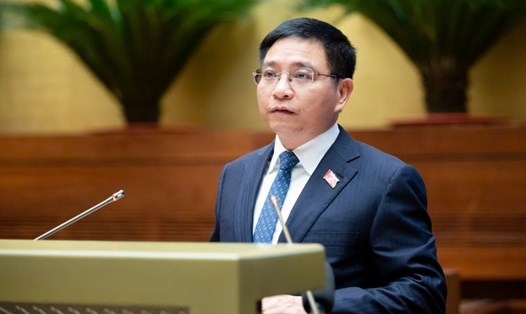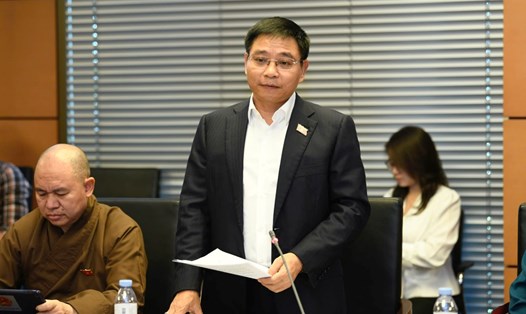This afternoon (November 20), the National Assembly discussed in the hall the Investment Policy for the high-speed railway project on the North-South axis.
Delegate Tran Hoang Ngan (Ho Chi Minh City Delegation) said that high-speed railways have been put into use in many countries and have brought about efficiency.
“I was fortunate to experience high-speed rail in Europe, so I really want Vietnam to have this type of transportation,” said Mr. Ngan. And Mr. Ngan said, 15 years ago, we discussed it, but at that time we did not have enough resources. However, now, we can completely do it when the macro economy is stable and public debt is low.
According to delegates, when the high-speed railway comes into operation, it will attract tourists and foreign investors, exploiting the potential and advantages of the localities that the railway passes through, especially the Central provinces.
Delegate Tran Hoang Ngan said that this is a high-speed means of transport so it requires strict technical and safety requirements. We should not ignore technical and safety for the sake of costs and revenue.
Regarding capital, the representative of the Ho Chi Minh City delegation said that the capital for the project is large, so it is necessary to focus on mobilizing domestically, borrowing preferential foreign loans, and limiting ODA loans.
“Along with that, it is necessary to mobilize domestic enterprises with expertise to build the project. It is necessary to build an industry and human resources to support high-speed railways and urban railways,” said delegate Tran Hoang Ngan.
This person added that during the project implementation, to reduce pressure on the state budget, it is necessary to pay attention to revenue from land auctions near the station and surrounding areas.
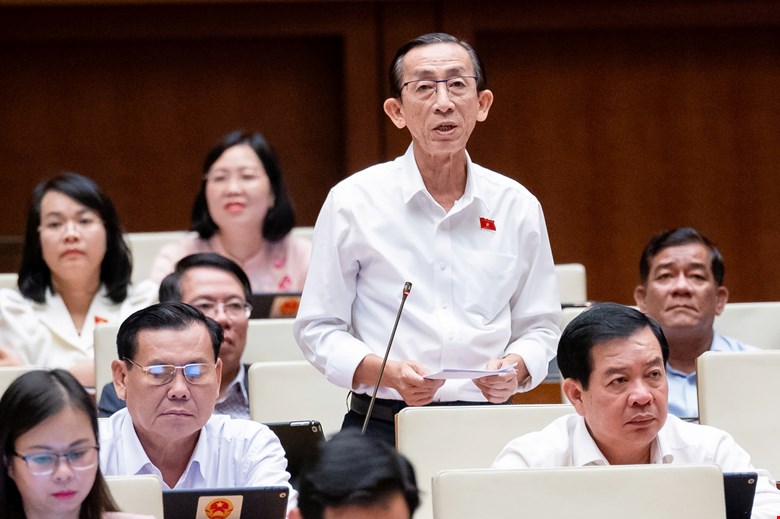
Delegate Hoang Van Cuong (Hanoi City Delegation) also expressed his agreement to approve the North-South high-speed railway project because it satisfied two necessary and sufficient conditions.
“The North-South high-speed railway must be designed and invested to exploit both passengers and goods to meet the demand for freight transport along the North-South route, attract and allocate investment resources to regions, increase revenue, and avoid having to use the budget to cover annual losses,” emphasized delegate Hoang Van Cuong.
Regarding investment, according to the delegate, technology must be transferred to master the domestic railway. The experience of the three railway lines in Hanoi and Ho Chi Minh City built by foreign investors in a package, when the conditions are not met, the investor can stop. In addition, the process of operation, repair and replacement will depend forever on foreign suppliers.
“If the North-South high-speed railway is still bid to select foreign investors as it was done with the recent urban railway lines, the risks are very high. Accordingly, it is not known when it will be completed, the capital may increase, and more dangerously, we will depend forever on foreign suppliers,” the delegate noted.
This person gave a lesson learned when we implemented the construction of the 500 KV line 3, which was completed at lightning speed due to mastering the technology.
“We can be big enough to receive technology transfer from abroad so that domestic enterprises can produce and build themselves. If anything, we can only buy a few specific parts in a package.
In fact, Vinfast has received technology transfer to produce cars itself, so surely domestic enterprises are also capable of receiving technology transfer to build railways and make further improvements" - delegate Hoang Van Cuong added.

